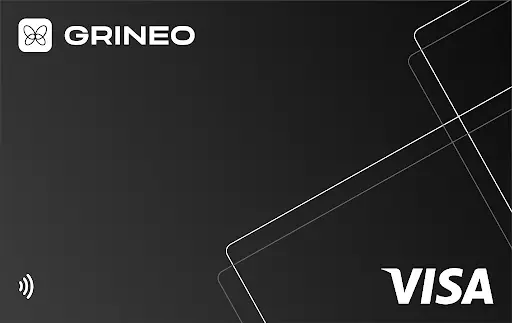What is a Decentralized Exchange (DEX)? DEXes Explained in 2024

The entire concept of cryptocurrency originated from a single concept – a digital form of cash that no one person or entity could control. One of the best examples of how this democratized ideal can be put into practice is with decentralized cryptocurrency exchanges.
What is a DEX and How Does it Work?
A Decentralized Exchange (DEX) is a digital marketplace for trading cryptocurrencies that operates without a central authority or intermediary. Unlike traditional exchanges, DEX relies on blockchain technology and smart contracts to facilitate the peer-to-peer exchange of digital assets securely.
DEX works by utilizing smart contracts, self-executing pieces of code that automate and enforce the terms of a trade. When a user initiates a trade on a DEX, the smart contract locks the assets to be traded in a decentralized escrow. The trade is then executed automatically once predetermined conditions, such as price and quantity, are met. This process eliminates the need for a centralized third party to custody funds or oversee transactions.
Decentralized ledgers, such as those on blockchain networks like Ethereum, record and validate each transaction. This transparency ensures an immutable record of all trades, enhancing security and reducing the risk of fraud. DEX provides users with greater control over their assets, increased privacy, and a global trading environment accessible to anyone with an internet connection.
Advantages of Decentralized Exchanges
Decentralized Exchanges (DEX) have surged in popularity, driven by a myriad of advantages that distinguish them from traditional centralized counterparts. One of the primary benefits lies in the enhanced security and custody of funds. Users retain control over their private keys in DEX, mitigating the risk of hacks and unauthorized access that frequently plague centralized exchanges.
Anonymity and privacy are paramount features of DEX platforms. Users can engage in transactions with a degree of confidentiality, a delicate balance achieved without compromising the transparency inherent in blockchain technology. This aspect addresses the growing concerns surrounding data privacy and surveillance in the digital age.
The global accessibility and inclusivity afforded by DEX mark another significant advantage. Operating without geographical constraints, DEX platforms create a borderless financial marketplace, allowing users from diverse regions to participate in the global economy. This stands in stark contrast to centralized exchanges, often subject to regulatory limitations that hinder broader inclusivity.
Moreover, DEX significantly reduces counterparty risk through the execution of trades via smart contracts. Automation ensures the timely settlement of transactions, minimizing the potential for defaults or delays. These advantages collectively contribute to the growing allure of decentralized exchanges, positioning them as a transformative force in the evolution of financial markets.
Disadvantages of Decentralized Exchanges
While Decentralized Exchanges (DEX) offer a novel approach to trading, they are not without their challenges and disadvantages. One prominent issue is the liquidity problem that many DEX platforms face. Unlike centralized exchanges with established user bases, DEX platforms may struggle to maintain sufficient liquidity in certain markets, potentially resulting in slippage and less favorable trading conditions.
Regulatory uncertainty poses another significant challenge for DEX. The lack of a standardized regulatory framework can deter institutional investors and mainstream users who seek a clear legal environment. The evolving nature of blockchain and cryptocurrency regulations worldwide contributes to an environment where compliance measures are often in flux.
User experience and interface design are areas where DEX platforms sometimes lag behind their centralized counterparts. The complexity of some decentralized platforms may deter less tech-savvy users, hindering broader adoption. Improving the user interface and overall experience remains a crucial aspect for the mainstream success of DEX.
Smart contract vulnerabilities represent a notable security concern. While advancements in auditing and security measures are ongoing, the potential for exploits and vulnerabilities in the underlying smart contracts exists. This risk highlights the importance of rigorous testing and ongoing security efforts in the development and maintenance of DEX platforms.
Popular Decentralized Exchanges
Uniswap: A DeFi pioneer, Uniswap operates on Ethereum, providing users with seamless, automated trading experiences.
SushiSwap: Notable for its community-driven governance and innovative features, SushiSwap has carved its place in the DEX landscape.
PancakeSwap: Operating on the Binance Smart Chain, PancakeSwap addresses high gas fees on Ethereum, offering a decentralized trading platform.
Balancer: Known for automated portfolio management, Balancer enables users to create and manage liquidity pools with multiple tokens.
Looking to the Future for Decentralized Exchanges
Decentralized exchanges are reshaping the landscape of trading, embodying principles of security, transparency, and user empowerment. While challenges persist, the trajectory of DEX points toward a more accessible, inclusive, and decentralized financial future. The ongoing evolution of this space promises to redefine how we perceive and engage with financial markets in the years to come.









